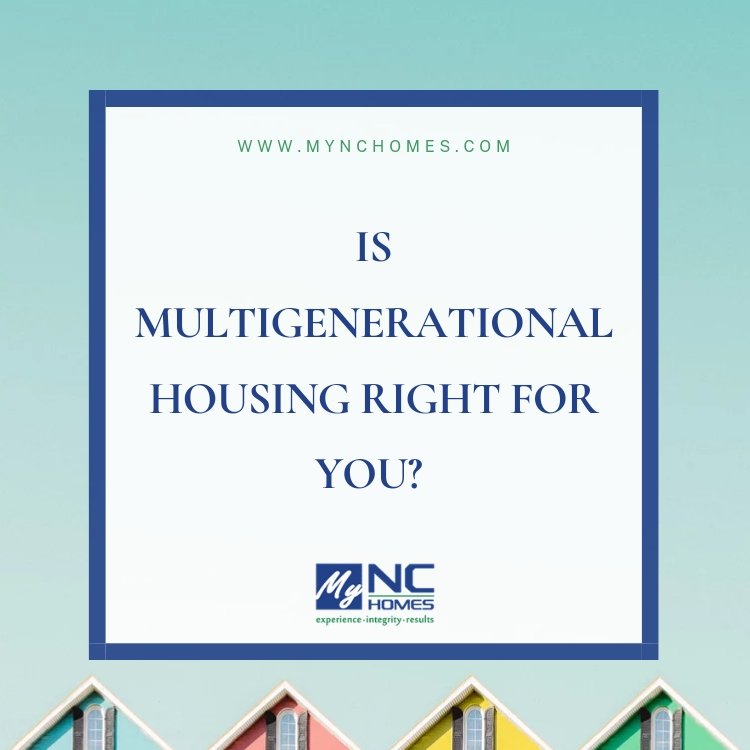
When we hear the words multigenerational housing, depending on what era we relate to, we might be thinking in-laws suites, suites for aging parents, adult children moving back home, or even a combination! In the past two years with a global pandemic, economic uncertainty, and the new normal of hybrid work environments, households are looking a lot different, and multigenerational households and the demand for multigeneration housing options, have never been higher. Let’s look at the numbers and take a quick dive into what multigenerational housing is and if it is right for you. 
Multigenerational Housing on the Rise
Some reasons why we buyers looking for multigenerational housing. For starters, since the pandemic, many loved ones were confined and were nervous about having parents on their own, with assisted living compromised. In an alternate scenario, with adult children in limbo because of higher education facilities closing, the need for more space at home was at a height. Lastly, many have reevaluated their living situation because work dynamics are allowing hybrid models of working in the office and parents are better equipped to care for children, so different childcare needs may be remedied by grandparents. Hence the rise in demand for multigenerational housing.
What is Multigenerational Housing?
So what is Multigenerational housing? This is a scenario where one or more generation lives in the same home. According to NAR, Multigenerational housing has quadrupled over the past ten years, and the most common age of the multigenerational home is between 42-56. Additionally, in 2021, 1 in 10 homebuyers purchased a multigenerational home. This is a very large buyer segment and our sellers should take note, if they have homes that are good for multigenerational living, this is a big selling point right now.
What are the benefits?
Those who live in multigenerational homes benefit from closer intergenerational bonds, such as grandparents and grandchildren, or if you are helping a loved one afford a degree and pay for school. Cost-wise, you are able to combine a budget. For those who may have been considering an aging-in-place facility or retiring, a multigenerational option can mean more freedom and less stress around who will take care of you and how you will manage a larger home.
What are the best Multigenerational Housing Options?
If you are hesitant to consider Multigenerational housing, consider that much of the world with less square footage than the United States considers this a norm. The social implications are widely studied and both generations benefit from increased interactions. Some of the best multigenerational home styles include in-laws suites, apartment studios, garage conversions, and basement conversions. A separate entrance is of course desirable, and accommodations with more light are also more popular. We have seen a rise of tiny homes and guest cottages on homes that are also good options for multigenerational living.
If you are considering multigenerational living and more, contact My NC Homes. We are experts in downsizing and have eyes for opportunities for multigenerational households because we have contracting experience on our team. It is true that the inventory is constricted in The Triangle, but we have vision and resources, that other teams do not. Contact us today!

Leave A Comment